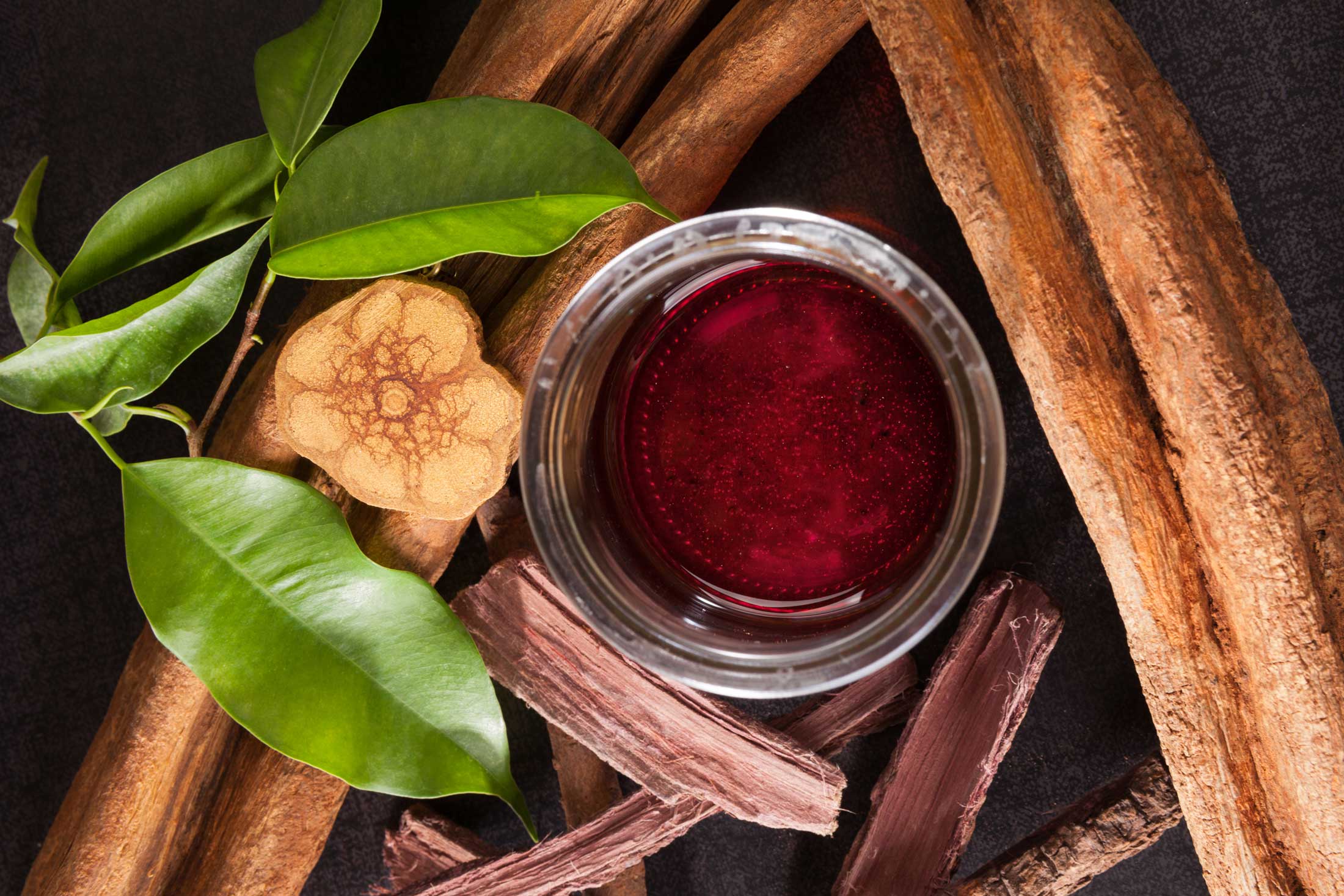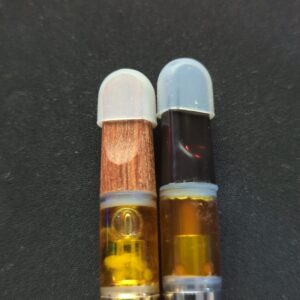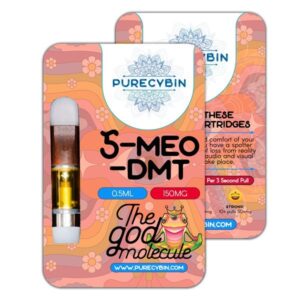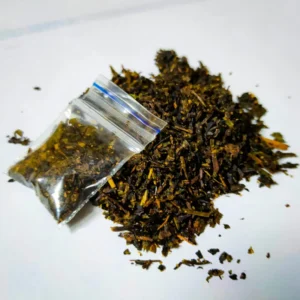Buy Ayahuasca powder | Ayahuasca for sale
Ayahuasca Powder for sale has been an integral ingredient for Amazonian tribes as a part of their spiritual and healing rituals for thousands of years. costa rica ayahuasca
Now buy Ayahuasca has gained tremendous mainstream popularity With many people traveling to locations where the brew is legal or has been decriminalized. ayahuasca buy online at tripin premium snacks
Mostly consumed for it very strong spiritual and psychedelic health benefits. Ayahuasca ceremony near me
Buying Ayahuasca is an orally active form of DMT due to the presence of caapi, which contains a few harmala alkaloids (harmine, harmaline, and tetrahydroharmine), act as monoamine oxidase inhibitors (MAOIs).
Buy Ayahuasca Tea
The most common reasons people use ayahuasca:
- Traditional ceremony or sacrament
- Seeking spiritual experiences
- Self-growth & development
- Treating mental health disorders & addictions
- Facing the fear of death or past traumas
How Does Ayahuasca powder Work?
Ayahuasca requires two components to work — a source of DMT (the psychoactive ingredient in the mix) and an MAO inhibitor to protect the DMT from being broken down too quickly.
There are a few recipes for ayahuasca tea, depending on what plants are available locally. The most common is the ayahuasca vine and Psychotria viridis.
Order Ayahuasca Tea Online | The benefits of ayahuasca
Ayahuasca to buy should not be taken lightly — it’s a powerful entheogenic substance that produces intense, often terrifying hallucinations and experiences. The vulnerable mental state ayahuasca creates can lead to psychological trauma if you’re not careful. A focus on set and setting is especially important with this entheogen.
For now, let’s cover the health benefits of ayahuasca and explore what the medical research says about this powerful plant medicine.
In summary, the health benefits of ayahuasca include:
- Treatment for addiction — including alcohol, illicit drugs, and tobacco
- Treatment for existential anxiety & other anxiety disorders
- May offer protective or restorative effects on brain health
- Useful as a tool for self-growth and exploration of consciousness
Ayahuasca Tea Side effects
When you Buy Ayahuasca tea Online Virtually everybody who uses ayahuasca experiences bouts of vomiting during the session. This is not only an expected side effect; it’s also considered a key part of the experience itself.
The vomiting is referred to as “purging” as it’s thought to be a purging of negative thoughts and energy during the ceremony. During the session, the vomiting feels therapeutic, and few people consider this aspect a “side effect” after the ceremony is complete.
Vomiting usually begins around an hour or an hour and a half and continues for 1 – 2 hours on and off.
Other “side effects” revolve around the experience itself, which can be both terrifying and painful. Anxiety, panic, and fear are all common experiences. It’s important to learn how to “let go” and accept the path ayahuasca takes you to avoid staying in a negative space for very long. The more you resist the effects of ayahuasca, the stronger these side effects become.
Legal Status| Buy Ayahuasca online
Ayahuasca isn’t illegal, but DMT is a Schedule substance making it illegal.
Since DMT is a crucial part of ayahuasca, its legal status is therefore a bit complicated.
That’s why the discussion surrounding legal hallucinogens is tricky.
Ayahuasca is a crucial part of specific religious ceremonies.
Therefore, in 2006, the Supreme Court ruled that members of a New Mexico church can legally use it as their sacramental right.
Santo Daime and União do Vegetal (UDV) are Brazilian “ayahuasca churches” with branches in the U.S.
Each uses the psychedelic in their regular sessions.
Some U.S. cities — like Oakland, CA, Washington DC, Santa Cruz, CA, Denver, CO, and Ann Arbor, MI — have decriminalized psilocybin and other natural psychedelics. This includes ayahuasca. The ruling means that both possession and use can no longer lead to punishment. Still, under federal and state laws, you can’t do the same in any other city nearby.
Physical Effects of Ayahuasca powder
Taking ayahuasca can have a range of possible physical effects, including the following:
- Nausea
- Vomiting
- Diarrhea
- Dilated pupils
- Increased heart rate
- Increased blood pressure
- Dizziness
- Nystagmus (rapid rhythmic movements of the eyes)
Emotional Effects
Ayahuasca can induce various emotional states, which can be pleasant or unpleasant in nature. The emotional effects include:
- A feeling of emotional release
- A stronger connection to one’s emotions
- Empathy
- Compassion
- Joy
- Euphoria
- Bliss
- Ecstasy
- Contentment
- Peace
- Gratitude
- Fear
- Anxiety
- Dread
- Panic
- Despair
Psychological Effects
One of the most powerful and healing aspects of ayahuasca is the ability to think differently and take on new perspectives. The psychological effects include:
- Increased self-awareness
- Increased self-confidence and self-esteem
- Facing personal demons, such as negative thought patterns and behaviors, as well as past mistakes
- Reinterpreting conflicts within oneself and with others
- Deciding to make changes in one’s life
Spiritual Effects
Ayahuasca is a powerful psychedelic, common to induce mystical effects after taking. These include:
- Making contact with “Mother Ayahuasca”, a motherly type presence that users feel imparts wisdom, lessons, messages, care, and healing. The messages are often ecological in nature, relating to the destruction of the planet and the need to protect the environment
- Out-of-body experiences
- Ego loss
- Feeling oneself transform into an animal
- A feeling of unity, such as feeling unified with all of humankind, the environment, or the entire universe
- A sense of being outside time and space
- Ineffability
- A sense of sacredness or the “divine”
Ayahuasca where to buy
Buy ayahuasca online at tripin premium snacks at affordable prices.
Or products are of the best quality. buy ayahuasca online






Sammy22 –
LOVE THESE! thank you for this wonderful expirence
Justin –
Fantastic!
Delivered in 4 business days. will come for more 🙂
Jens –
Exceptional product!! The best MHRB I’ve ever had.
Bruce –
It worked perfectly for dying and also helped my spiritual sense of reasoning
Jenna –
I had a nice tea from these mimosa, definitely coming back
Coulter –
Always amazing to deal with, Never thought could say this buy BRAVO!!!
Alex –
Great product!. so spiritual
Ben –
Good product, Best price, Fastest delivery.
Mohammad –
Thought it won’t reach me here in the Middle East but was shocked to see my package n my door step. Thanks premium snacks.
Glenn –
Fast turn around time getting my package in my mail, discreet and showed up quick!!! This website does it the right way.
Cammie –
Arrived quickly, Good value for money
Nick –
I happy to be a return customer, You get lots of discount and a memorable treatment.
Will always come around
Toddy –
Great experience, wonderful product!!!
Diego –
I’m happy the way my package came to me fast and safe. I was getting sick and worried thinking i’ll be ripped off. But thanks for not letting me down.
Robinson –
I wasn’t a fan of plant medicine but after been recommended to take ayahuasca, now i’m a big fan of plant spiritual healing. Thanks tripin premium your product is Amazing!!!
Harry Blake –
I wanna say thanks for delivering my package safe to my location. I’m really happy I encountered this website.
Creed –
The MHRB I ordered came in as i expected, Great color and very good quality!
Eden –
Very Amazing product. Exceeded my expectations!!
Toney –
Best quality!! Good delivery.